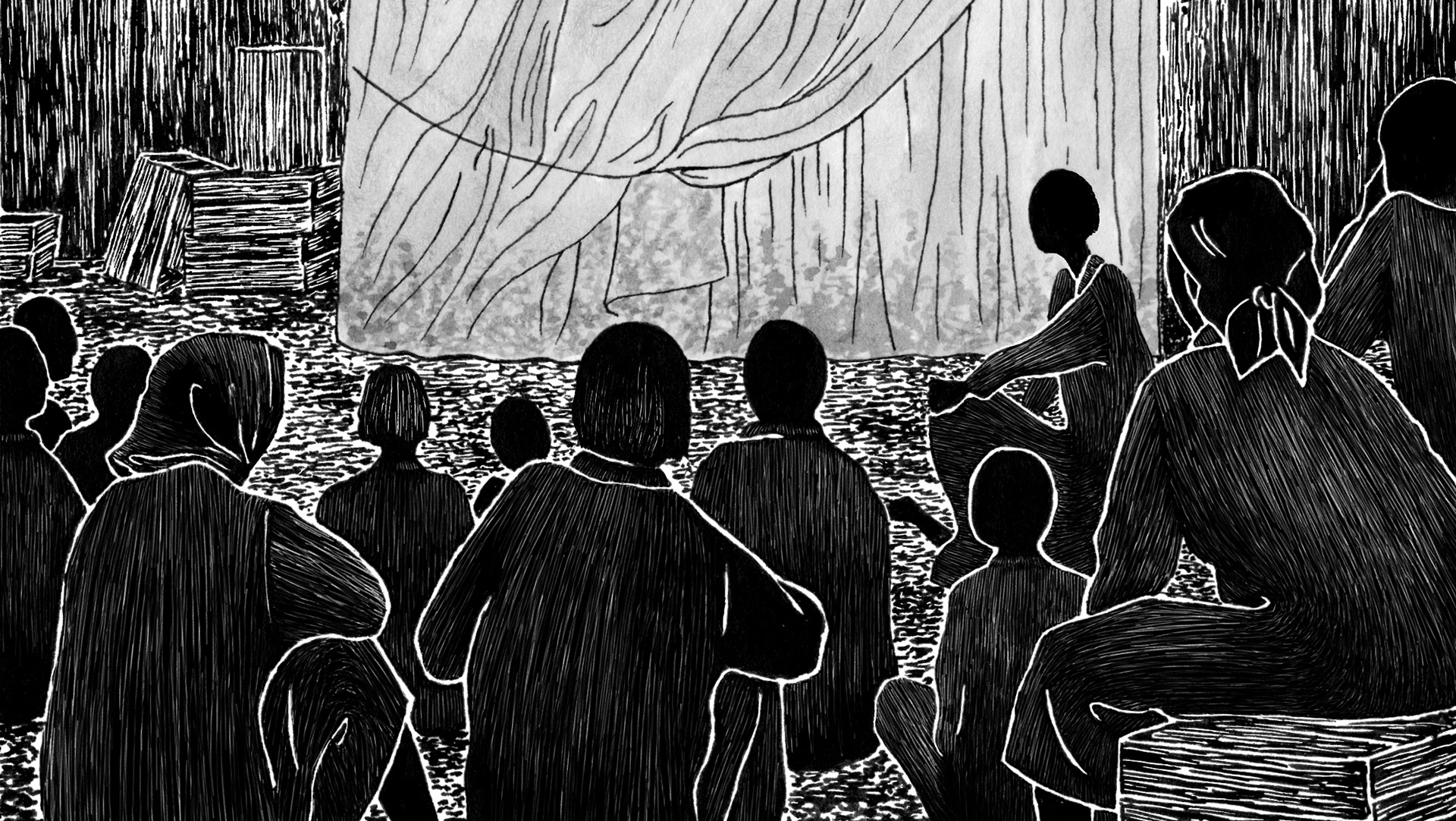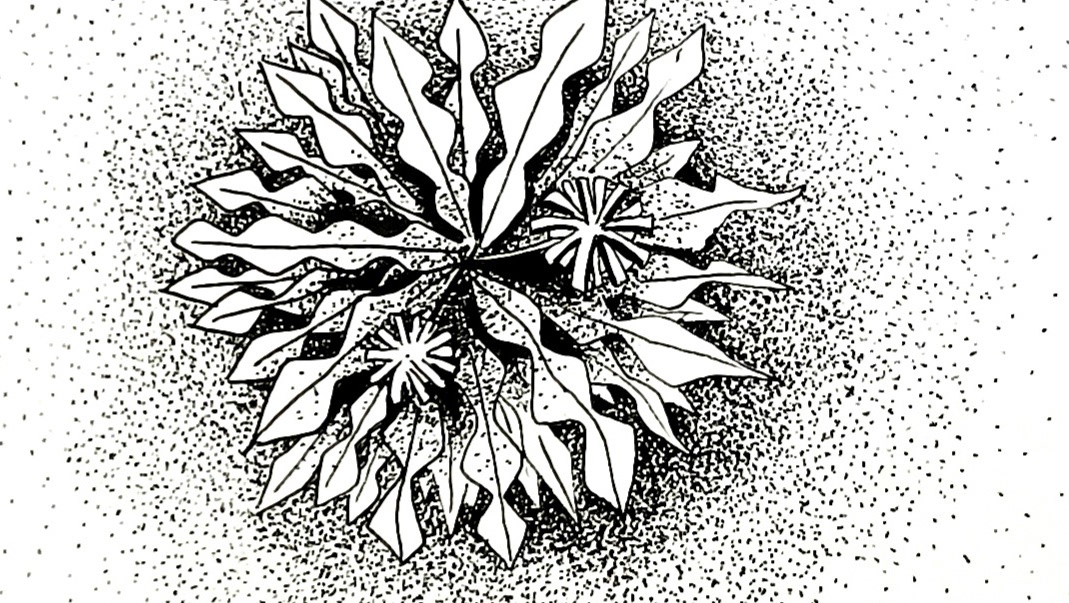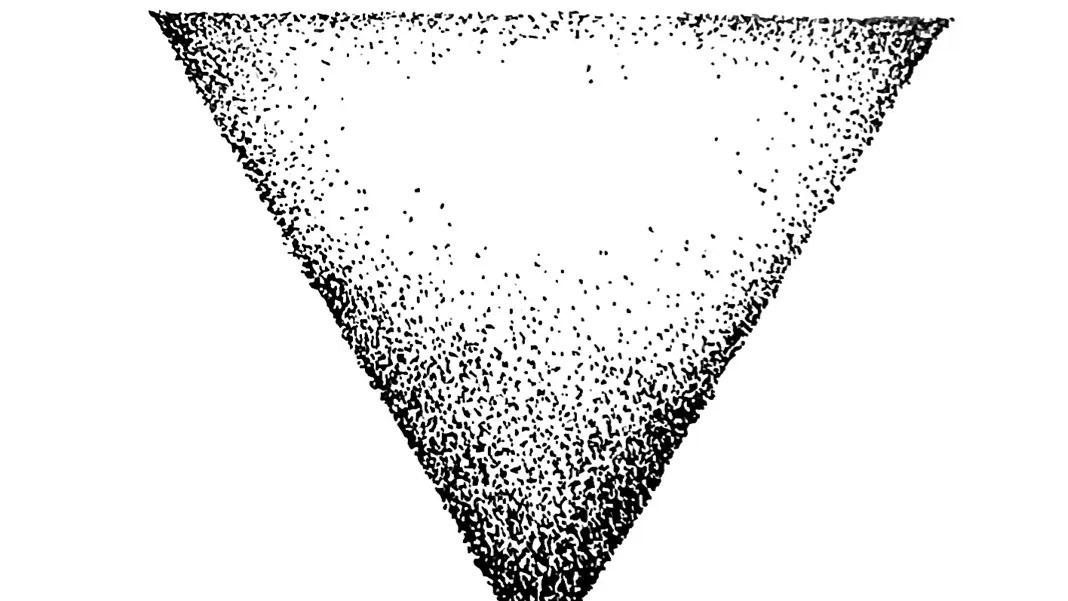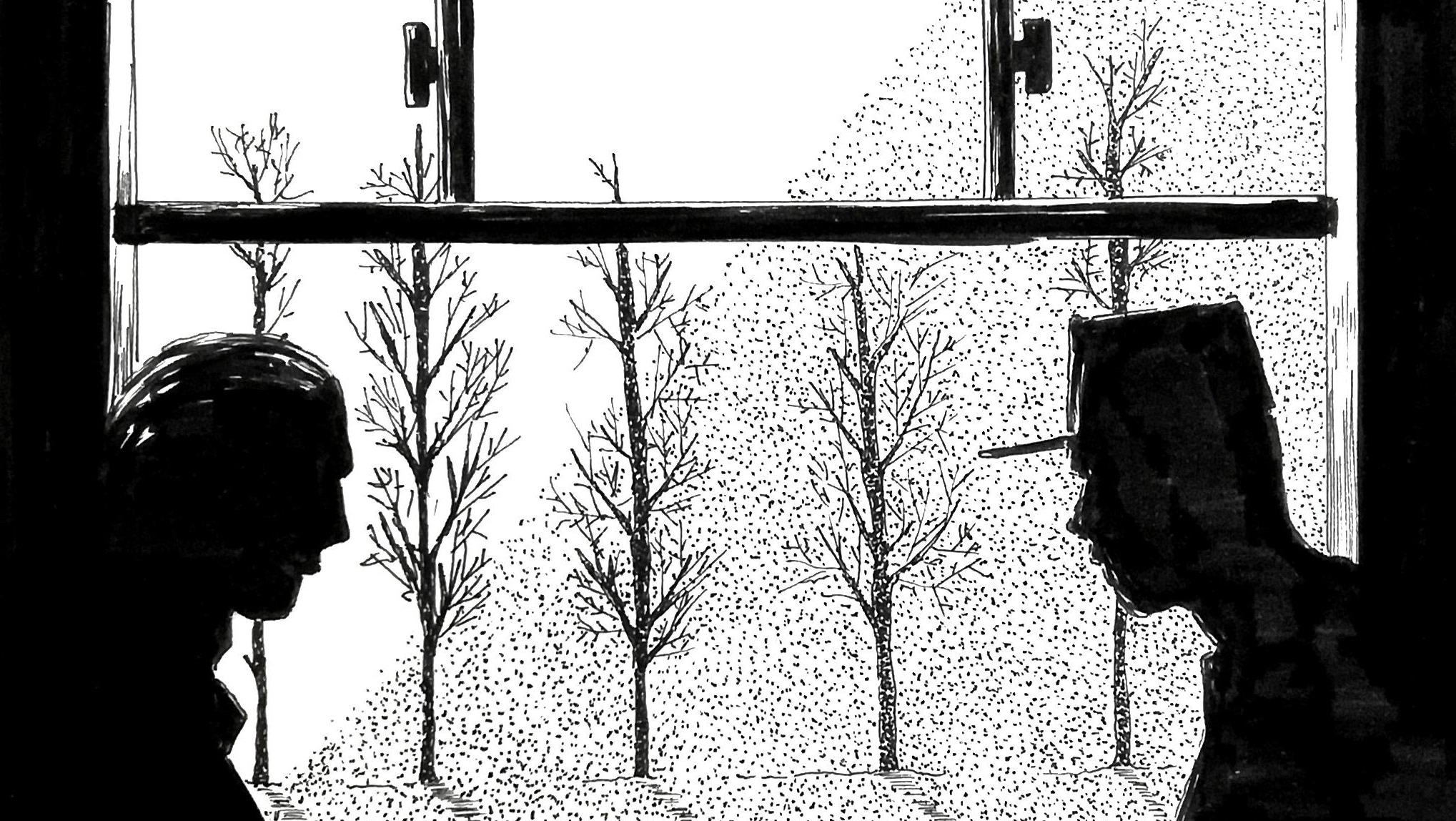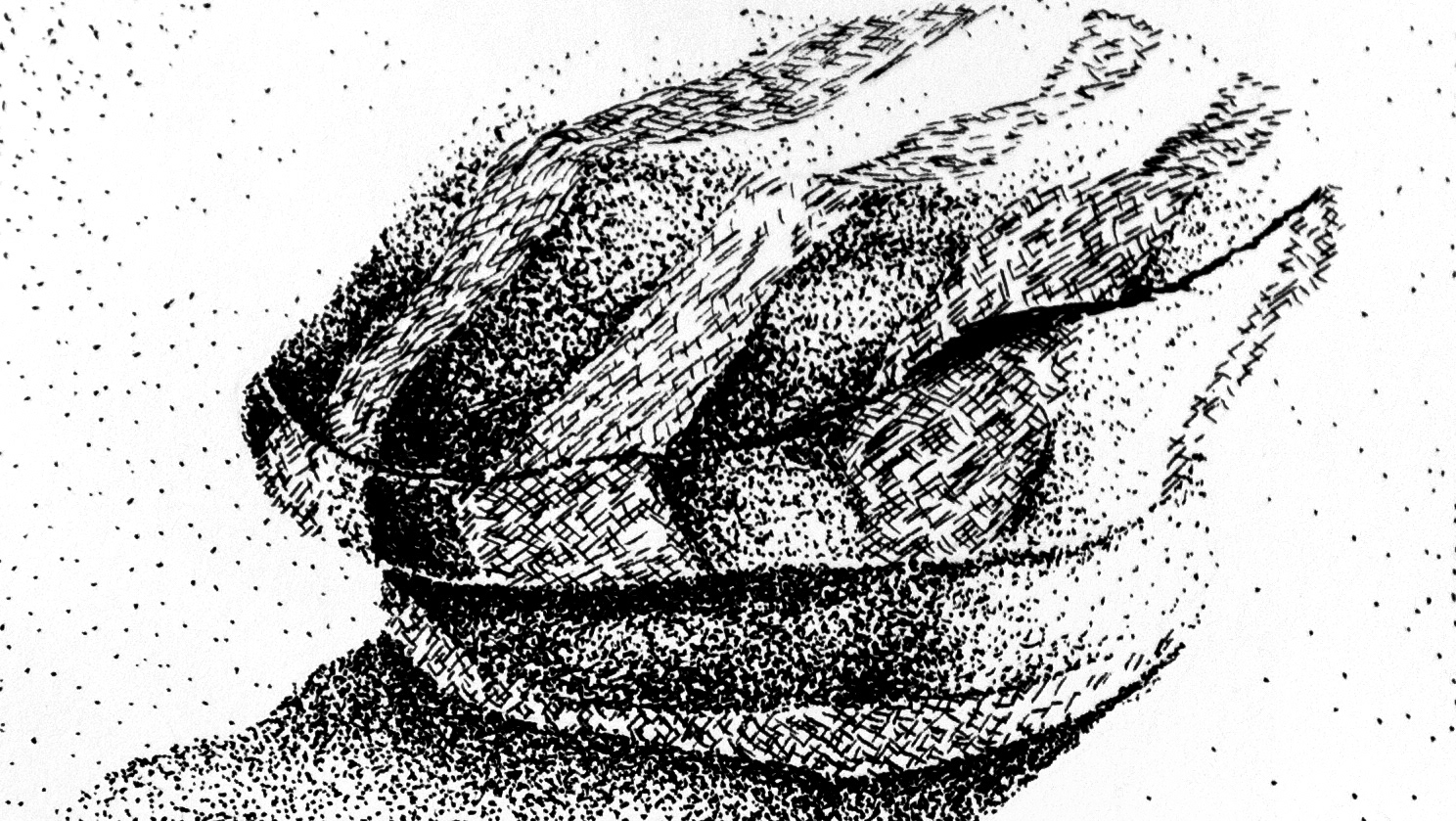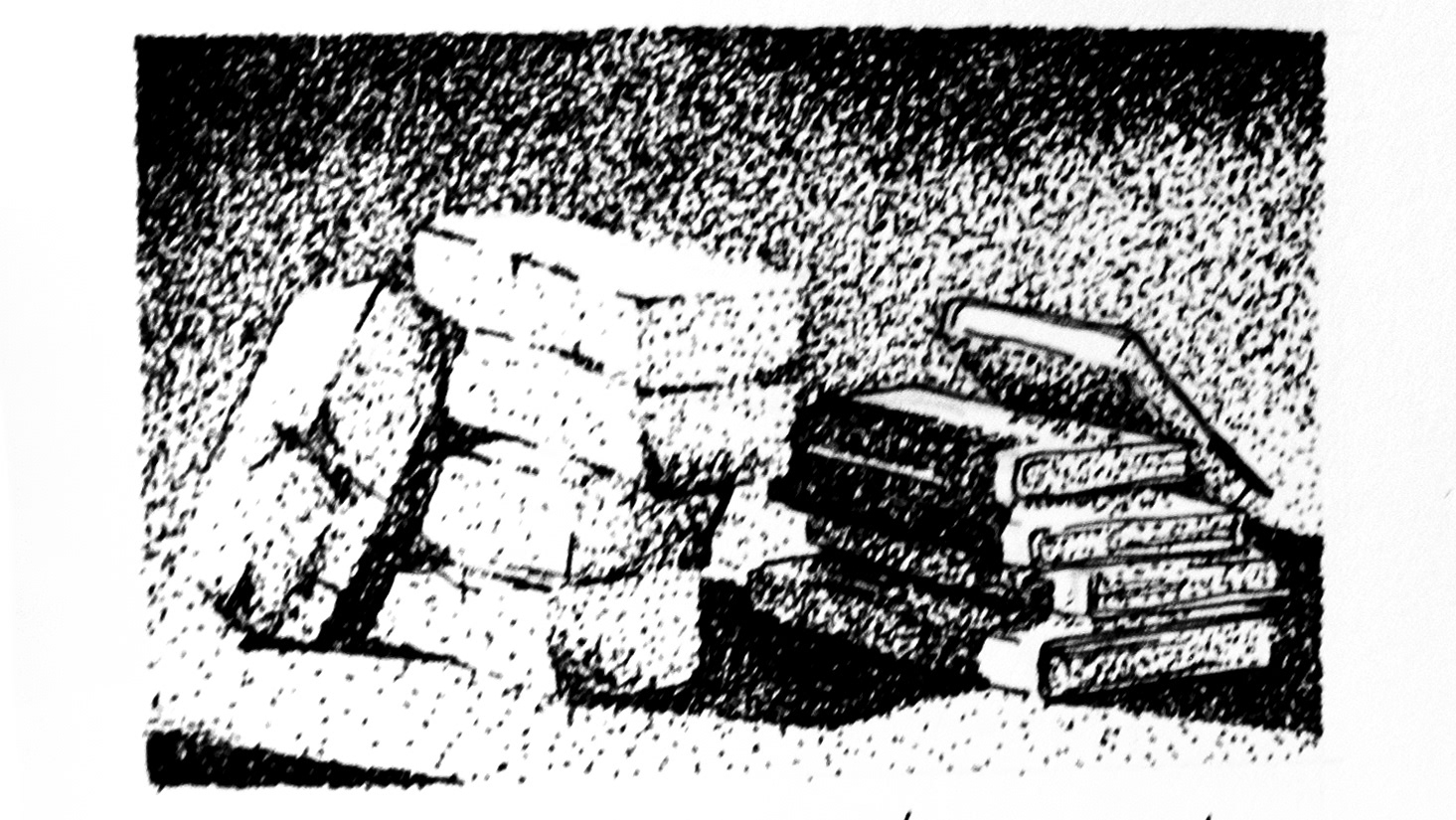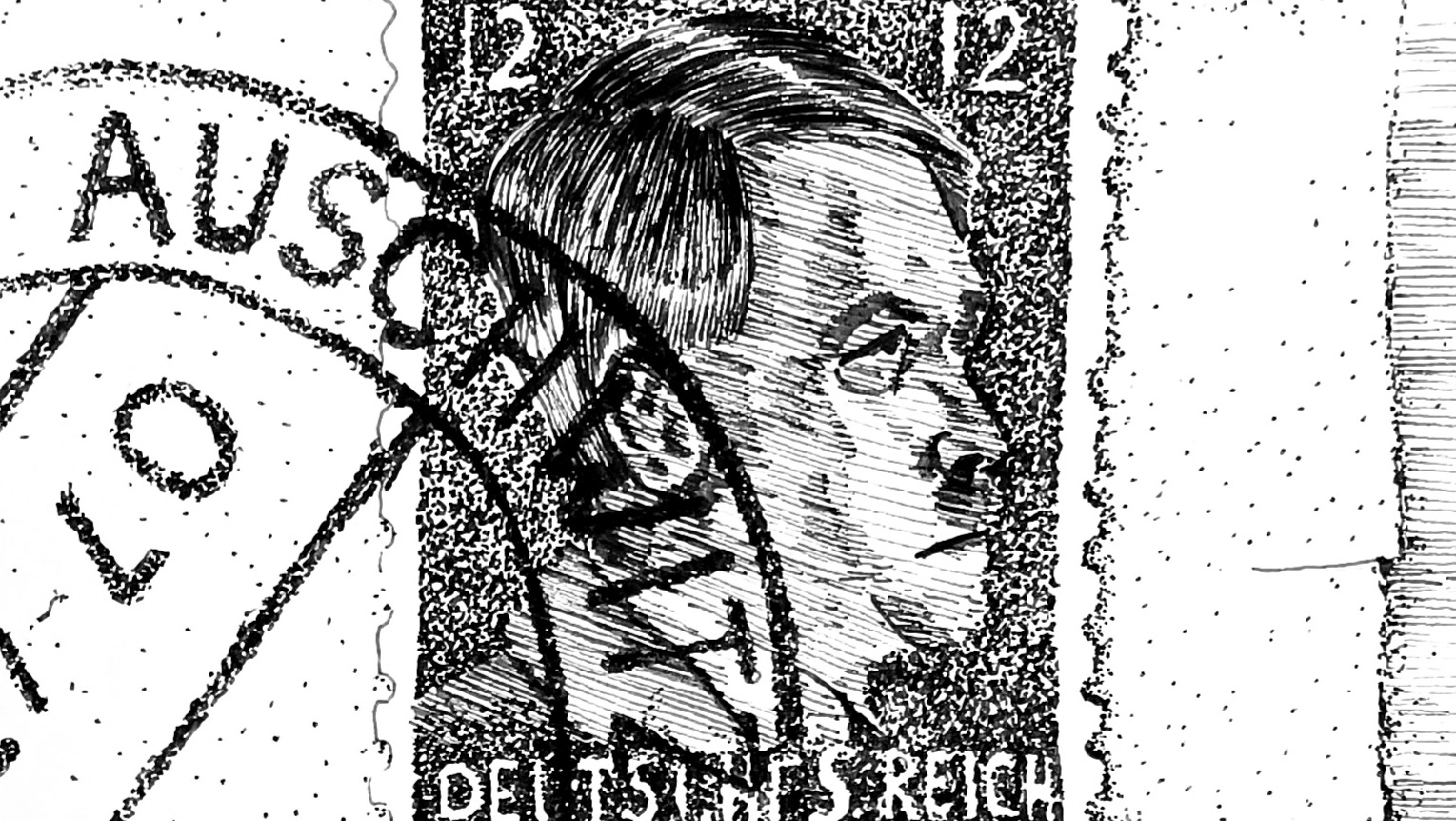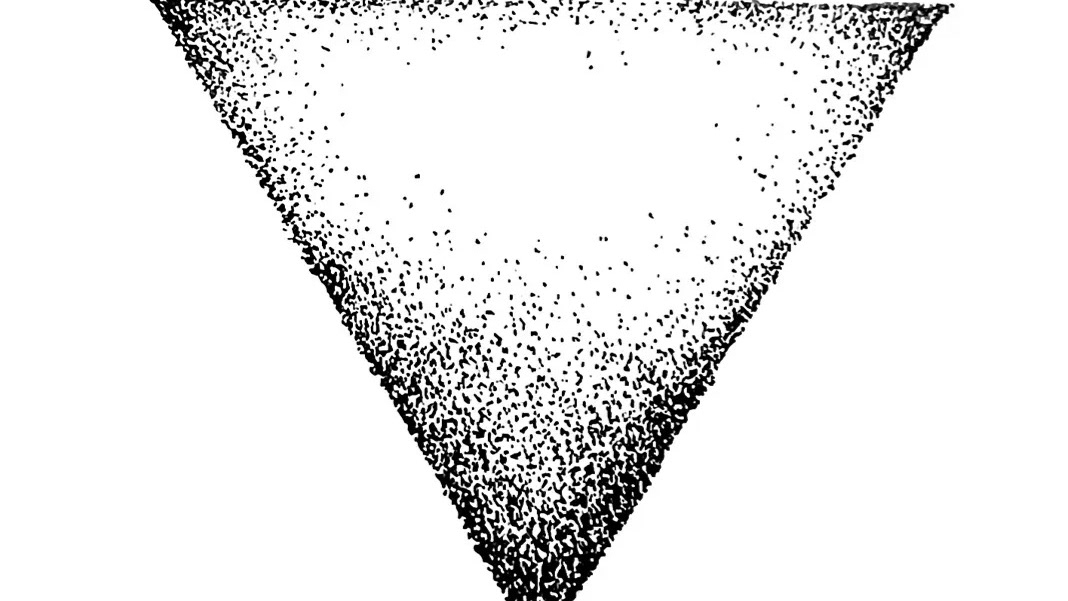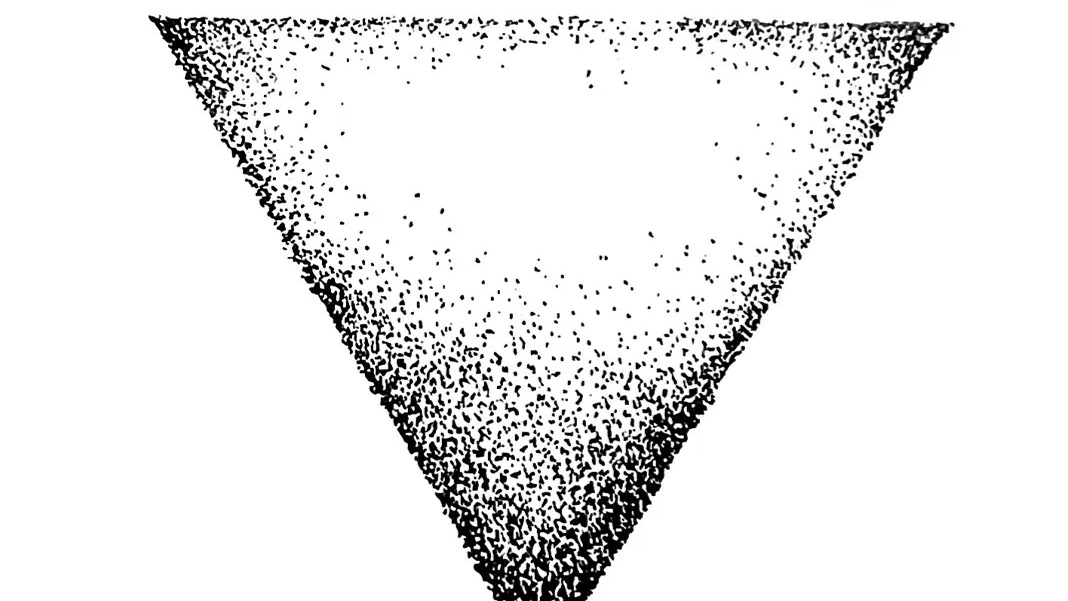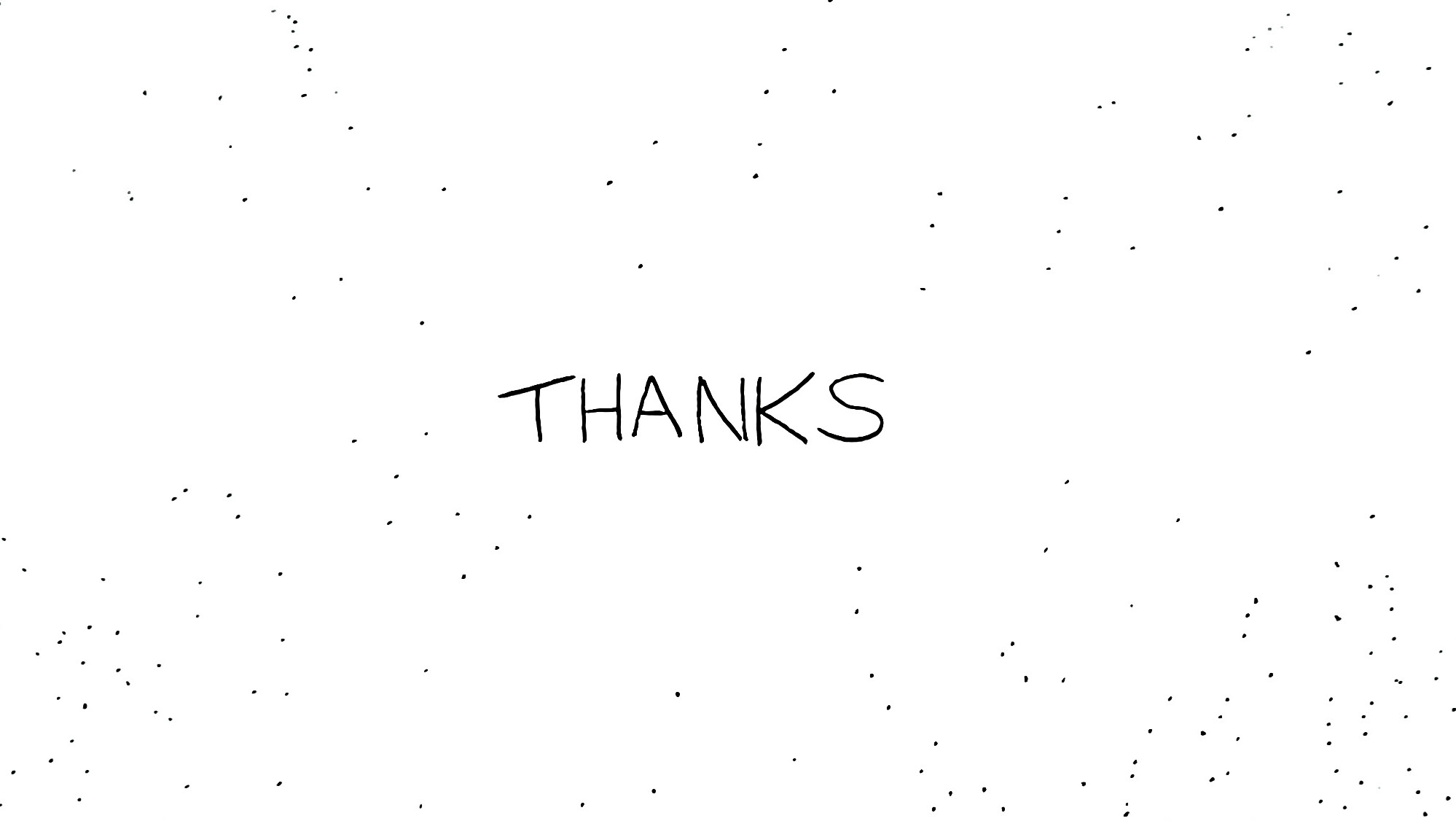the buntings
How do you explain? It is just too much, too unfamiliar, too incomprehensible, too extreme. It's impossible.
Today is a day in early june 1945 and René Maquenhen is on a train. A train home.
After Auschwitz, Rene was transferred to Sachsenhausen with Henri Marti and Auguste Monjauvis, then Gartenfeld, back to Sachsenhausen, and a death march to the North Sea. The death march was no exaggeration, prisoners would be shot, their only crime was to be too slow.
Fortunately, the Allies caught on. On the 3rd of May, the SS had disappeared in the night, the Soviet Union arrived during the day.
There was no celebration, it felt a little odd, they just woke up one morning, free. They were obviously happy, although they also felt a little unphased with their freedom.
Now Rene is in a train from Paris to Normandy. All around, the passengers look at him, he must be so thin, there must be a deported sign written on his face.
The train stops in Gamaches, some people are waiting for him, they cheer for him, he is welcomed as a hero.
Rene doesn't quite understand, he only managed to survive, what's heroic about that? Georges Varenne died, exhausted, after sharing all his food with the 45000. Antoine Corgiatti attempted an escape, Robert Levillon shouted "hooray to the general De Gaulle", Julien Villette refused a direct order to sing, they were shot for it. Rene only tried to keep his energy, stay discreet, avoid violence. He helped when he could, but there wasn't much heroism about it.
The train stops now in Incheville. Another feast, the train stops for longer so everyone in the crowd can thank Rene personally. He receives presents, clothes, food. Everyone smiles and welcomes back Rene with a warm smile.
Once, back in Auschwitz, Rene woke up feeling cold. The man next to him had taken most of the blanket. Rene tried to push him a little, until he realised he had died during the night. Rene simply didn't have the strength to carry him outside on his own, so he decided to wait for everyone to help him out in the morning and came back to sleep.
Back to the present, Rene wants to say something to all the people greeting him. He feels he should talk about all those who didn't come back, the ones who were murdered, the victims. But as he starts talking, he gets interrupted by the cheers of the population. It's almost as if he was being shut down with cheers.
Rene has seen so many of his friends dying, he has seen too many executions while they were in quarantine, Rene remembers them all, he won't ever forget. Shadows will follow him for the rest of his life, and Rene won't ever be able to sleep without hearing them.
The train stops at Eu, a small city close to the Manche sea. Everyone from his village is waiting for Rene, he is the last one to come back from the war, he hasn't been here for 44 months. They have prepared a party for Rene, a grand night of dancing, drinking, celebrating. Children come to him with flowers, there are even fireworks.
Rene has never felt so alone.
He should feel happy. All of the 31000 and 45000 were hoping to come back and celebrate the end of the war, to be celebrated like heroes. Rene is the only one who is greeted, the others just came back home and were expected to get over their deportation right away, to move on. Rene feels unphased, he feels like this party has been organised so he wouldn't talk either. He was arrested by the german police for attempting to sabotage an entire train, yet Rene had the feeling some people in his own village might have tipped the germans.
She finally appears, Rene's wife, Bernadette, with their daughter Renee. She is so tall now, she has changed so much. And Bernadette is even more beautiful than Rene remembered.
The celebration carries on, Rene understands the situation a little more. During his deportation, Bernadette kept fighting, she carried equipment and helped the resistance, she became an important figure in the area. This celebration is as much for her than it is for him, maybe a little more for her actually. Rene and Bernadette hold hands during the celebration, they don't say much else.
They come back home, the 3, altogether again after almost 4 years. Renee, his daughter, goes to bed, Bernadette and Rene sit in the kitchen and have a drink.
They start talking. Both of them. All night long. They tell each other everything, the moments of fear, of doubts, of pride or shame. They don't interrupt each other, they keep on talking.
Neither Bernadette or Rene see themselves as heroes yet they see each other as such. They both resisted, they did what they could. It was already a lot.
Notes
Thank you for listening to this episode of 31000/45000, the story of 2 trains of french members of the resistance. My name is Matthieu Landour Engel.
This episode was about Rene Maquenhen and the return to his village and his wife.
Rene shared a lot his story and his time in deportation. He gave a thorough account of life in the camp, a difficult read, yet necessary if you wish to understand more about it.
Here is are a few extracts:
One can do good, just as much as one can harm. I witnessed many men and women behave shamefully to others. Those were creatures of unthinkable cruelty, pushed by a mysterious and dark instinct, they tormented unfortunate beings who were like them, beings. The great lay of brotherhood and softness was far away. How better things would be if we could love each other better than we love oneself. Helping each other, however and wherever. Even helping each other til death.
Rene Maquenhen witnessed many events, atrocities, like many survivors who all lost many dear friends. It was hard for many 45000 and 31000 to come back in France and tell their stories. Many of them arrived almost a year after France was liberated, a year is a long time, and hearing about those terrifying stories was often deemed too much or simply unbelievable to the french population. And it had been a year, many more felt like it was time to move on and rebuild, where the 45000 and the 31000 had just arrived and wanted to share and speak. Many 31000 and 45000 felt confused, many didn't feel listened, many prefered to stop talking rather than not being listened to. For some, it took years, decades even before they started talking. Luckily for Rene Maquenehen, his wife was alive, and even if I'm assuming, she listened to him just as he listened to her I hope.
My sources for this story mostly come from the book Red triangles in Auschwitz, by Claudine Cardon Hamet, the website deportes-politiques-auschwitz.fr, memoire vive, the foundation for the memory of deportation website , the Maitron website, and the fantastic website auschwitz.org
Thank you very much for your attention, next episode will be about Marie Claude Vaillant Couturier and the Nuremberg trial
